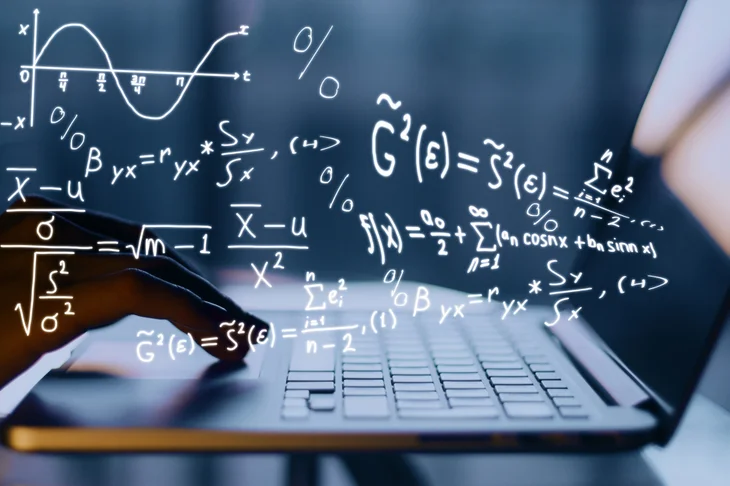Physics - computer science

Educational program code
6В01510
Language of instruction
Kazakh, Russian
Learning level
Undergraduate
Duration of study
4 year
Specialized subjects
Mathemathics
Physics
Objectives of the educational program
- training of physics and computer science teachers in a trilingual environment in order to meet the regional needs of the economy and society of the northern region of Kazakhstan (small-graded schools);
- formation of students' knowledge in the field of physics and computer science, development of abilities for self-improvement of the future teacher's personality and socialization skills in a professional environment for lifelong learning
- Information Communication Technology
- Academic writing
- Astronomy
- Atomic and nuclear physics
- Sociology
- Educational management and digitalization
- Physical Culture
- undergraduate practice
- Inclusive education
- Classical mechanics
- Computer graphics (CorelDraw, AutoCad)
- Criteria-based assessment technologies
- Kazakh/Russian language
- Modern history of Kazakhstan
- Math 1
- Math 2
- Cultural studies
- Physiology of development of schoolchildren
- Methodology for teaching computer science
- Educational practice
- Internship
- Pedagogy
- Introduction to the Teaching Profession
- Teaching practice
- Teaching practice (continuous)
- Psychology
- Political science
- Theory and methodology of educational work
- Basics of project activities for students in physics
- Mathematical modeling of physical and mechanical processes
- Methods of teaching physics
- Philosophy
- Foreign language
- Java Script
- Basics of Web technology
- Programming technologies
- Programming languages
- User Interface Design
- Quantum mechanics
- Classical and relativistic electrodynamics
- Computer architecture and computer networks
- Fundamentals of Computer System Design
- Computer video editing and animation
- Leadership and youth policy
- School physics course
- Selected sections of the school physics course
- School physics experiments
- Mechanics
- Basic laws of mechanics
- Molecular physics
- Basic laws of molecular physics
- Object-Oriented Programming (Borland C++Builder)
- Object-Oriented Programming (Visual C#)
- Digital image processing
- Optics
- Basic laws of optics
- Fundamentals of law and anti-corruption culture
- C++ Programming Basics
- Radioelectronics
- Basics of radio electronics
- Basics of Robotics
- C# Programming Basics
- Fundamentals of Digital Electronics
- Basics of life safety
- Wave mechanics
- Virtual laboratory workshop in physics
- Workshop on solving problems in physics
- Methodological basis for solving physical problems
- Shokanology
- Ecology and sustainable development
- Fundamentals of Economics and Entrepreneurship
- Electricity and magnetism
- Basic laws of electricity and magnetism
- Electrodynamics and SRT
- Creation of an electronic educational resource
Learning outcomes and competencies
- reproduce knowledge from the fields of economics and law, the fundamentals of anti-corruption activities, ecology and the fundamentals of life safety, the fundamentals of tolerance, Shokan studies, as well as the skills of entrepreneurship, leadership, receptivity to innovation, inclusive education to build a successful own professional activity;
- apply languages for academic professional purposes, intercultural communication and academic writing to implement the policy of trilingual education in the field of physics and computer science and scientific research;
- apply a system of theoretical subject knowledge, skills and abilities in practical activities;
- have the skills to use methods and techniques of physical research and research in the field of physics and computer science in practice;
- use the necessary knowledge and understanding of facts, phenomena, theories and complex dependencies between them in the disciplines of physics and computer science for their application in solving various physical problems.
- master professional-subject terminology in all aspects of speech and communication activities; possess a system of ideas about the role of the teaching profession in modern society in the conditions of updated education;
- apply information and telecommunication technologies in professional activities; understand knowledge of the principles and culture of academic integrity;
- use methods and techniques for solving Olympiad problems in physics and computer science provided for in the school curriculum;
- Design and implement educational work in an inclusive educational environment, taking into account the age-related anatomical and physiological characteristics of schoolchildren to create unique educational strategies; be able to reflect on your own practice